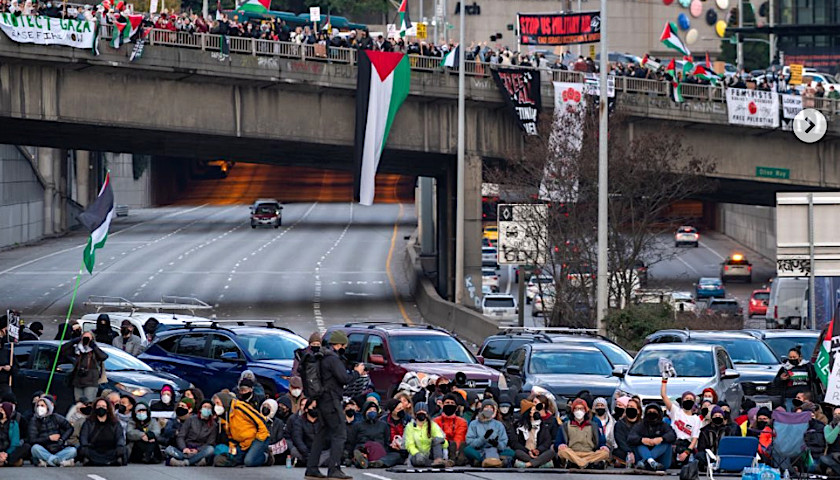by Jon Styf
A bill aimed at preventing people from blocking Tennessee roadways was amended and passed by both chambers of the Tennessee Legislature before it next heads to the desk of Gov. Bill Lee along with a glut of late-session bills.
Rather than creating an increased felony charge, Senate Bill 2570 was amended to allow for lawsuits to be filed if a person or company suffers a loss because a “defendant intentionally obstructed a highway, street, or other place used for the passage of vehicles or conveyances.”
The bill applies to drivers blocking traffic and creating dangerous situations while drifting or to protesters who block a street.
State Sen. Raumesh Akbari, D-Memphis, asked if the bill was intended to apply to a FedEx truck that was stopped on a bridge and misses a delivery or if someone suffered a flat tire or vehicle damage due to a road blockage.
“The answer to the question is yes, all of the above,” said State Sen. Brent Taylor, R-Memphis.
The amendment removed a fiscal note on the bill of $241,000 annually for added costs of incarceration if charges for blocking a roadway had increased from a misdemeanor to Class D felony.
The bill passed the State Senate 24-5 and the State House 73-22.
“I think this legislation, unfortunately, is going to be implemented in a way that is going to be seen to harm people who are doing otherwise peaceful demonstrations, they are going to be turned into criminals,” said State Rep. Justin Pearson, D-Memphis.
Pearson said he believes so many in the history of the country have had to use civil disobedience in order to be heard, including his ancestors’ march on Selma and Bloody Sunday.
“Sometimes civil disobedience is the only prerequisite toward the institutions and the people in positions of power actually listening to their voices,” Pearson said.
State Rep. Jody Barrett, R-Dickson, noted blocking a roadway is already a criminal misdemeanor, stating that some prosecutors have refused to prosecute the crime. The bill does not require someone to be convicted of the misdemeanor of blocking a roadway before being subject to a lawsuit for damages.
“Folks that are citizens of this state are injured by these actions,” Barrett said. “There are people who can’t get to the hospital because the only bridge across the river that gets them to the access to the hospitals that they need … if there was an intentional blocking of that bridge, it would put thousands of people in my district at risk of harm. At risk of loss of life. There is a limit of that First Amendment right.”
– – –
Jon Styf is a staff reporter at The Center Square.
Photo “Seattle Traffic Shut-Down” by Samidoun Seattle.








